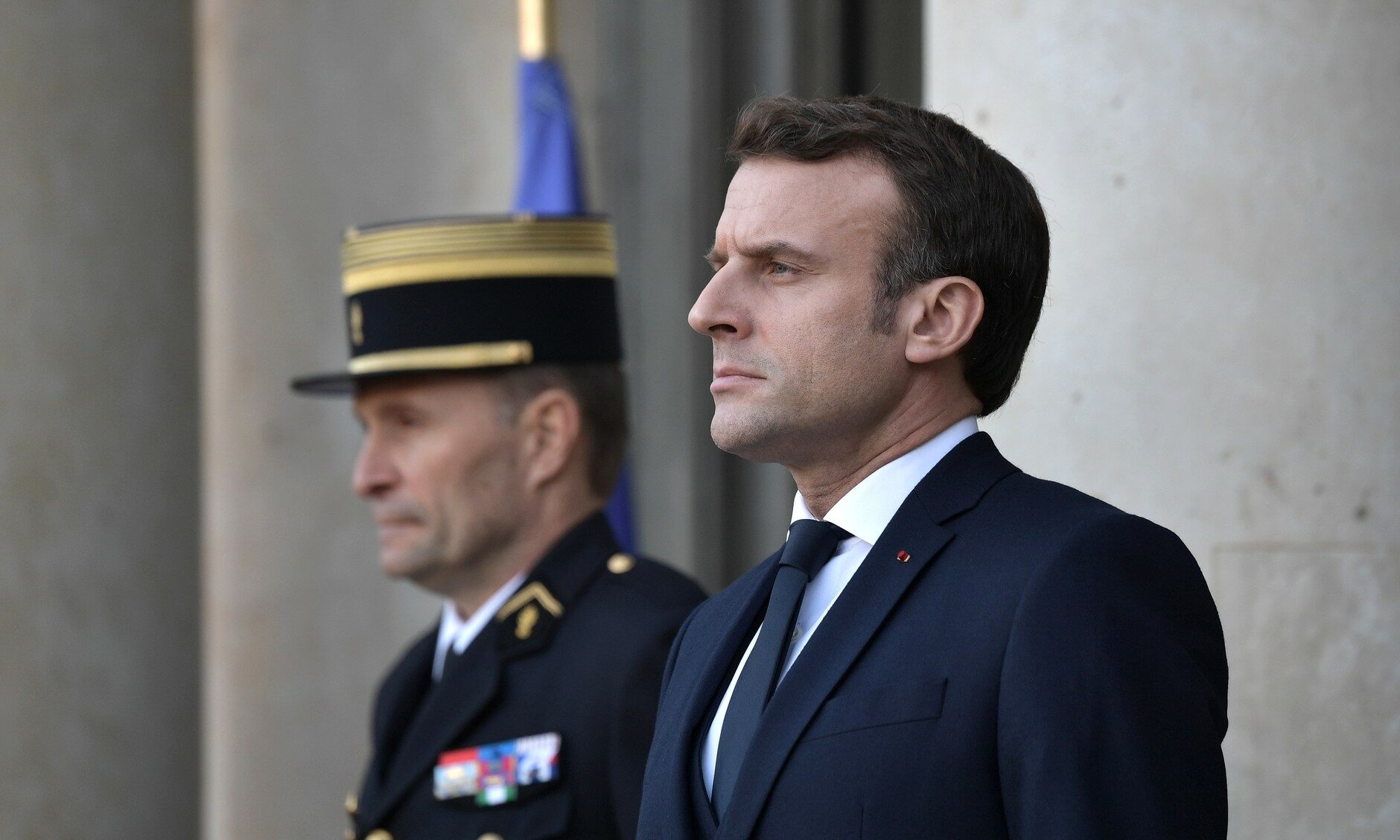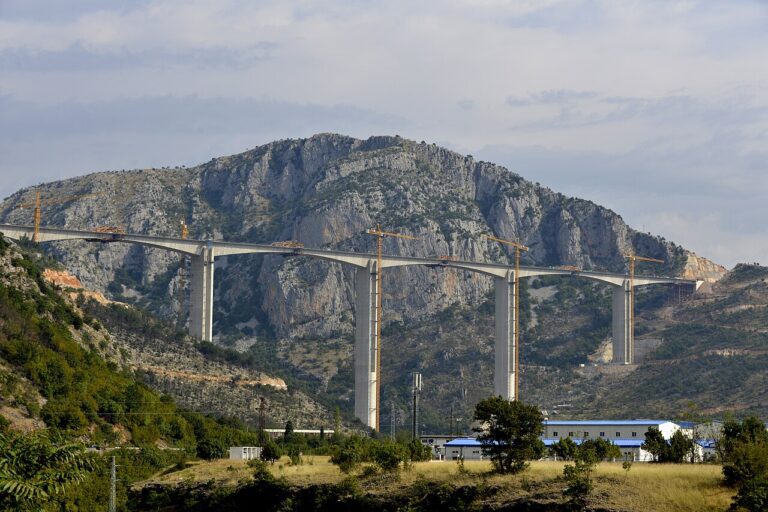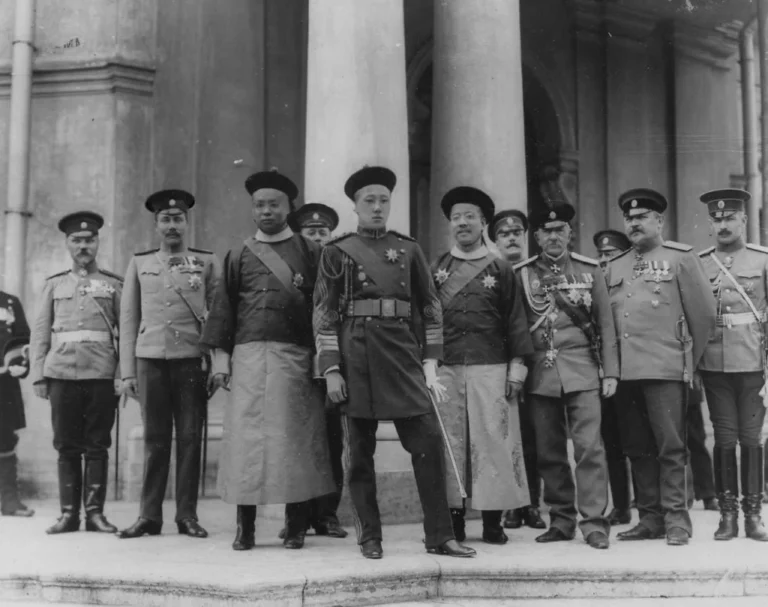
Amid signs of rapprochement in Sino-European ties, the visit will test the ability to gain cooperation from China on Ukraine while shaping France’s image worldwide.
This week, the President of the French Republic, Emmanuel Macron, will visit Beijing with the President of the European Commission, Ursula von der Leyen. This first bilateral visit since Macron’s participation as a guest of honor at the International Import Fair in Shanghai in 2019 should mark the resumption of exchanges after the reopening of China early this year and the relaunch of the strategic partnership at a time of increasing international crises.
A unique, albeit risky opportunity, this visit should allow the European leaders to display European coordination while seeking to convince China to try to pressure Russia. If the latter seems unrealistic, asking China to clarify its position on certain recent Russian announcements might still be a conceivable objective.
The three-day, two-night trip will include numerous bilateral meetings in Beijing, including with the three most important members of the Standing Committee of the Political Bureau of the Chinese Communist Party: Xi Jinping, Li Qiang and Zhao Leji. The French delegation will bring together all the administrative and economic players at the heart of the bilateral relationship, which has been structured around a Comprehensive Strategic Partnership since 2004. As it is a state visit, the French president will also travel with the Chinese general secretary to Guangzhou, a city where they will be able to exchange in a more personal way.
According to the Élysée, the objective of the visit is to maintain a constant and demanding dialogue with China, with a focus on three areas: strategic issues and international crises, cooperation to address global challenges including climate change, and economic relations.
Deliverables on Ukraine?
The war in Ukraine will obviously be at the heart of the exchanges. While Macron, during his closing press conference of the G20 in November 2022, called for “a greater mediation role” by China, France’s expectations should be limited and realistic, especially after the strong display of the Sino-Russian strategic partnership during Xi Jinping’s visit to Moscow. China is not and will not be a ‘mediator’ in the war, and the country has in no way presented a ‘peace plan’. It will be important to avoid using such language, which would then be taken advantage of by Beijing.
Warnings rather than concessions must be made so that Beijing does not support Moscow militarily. If China has not been delivering weapons to Russia on a massive scale until now, it is not to please the Europeans but because itfears the collapse of its narrative of a responsible power towards non-Western countries, the adoption of Western measures against its civil-military conglomerates, and an ever-closer Transatlantic rapprochement.
On the other hand, President Macron has a unique opportunity. As a recognized nuclear weapon state that is not part of a nuclear sharing agreement, unlike the US and the United Kingdom in NATO, France has the legitimacy to ask China for an official reaction to the announcement of Russia’s intention to deploy nuclear weapons in Belarus. China has long opposed the deployment of nuclear weapons abroad and US nuclear sharing, and since 2022 has associated nuclear sharing in multilateral fora with a form of nuclear proliferation. Asking the question officially and publicly to Xi Jinping, even in the absence of a clear answer, would differentiate France from other powers and demonstrate that France is assuming its responsibilities.
Seeking Coordination
This differentiation, which France often seeks, does not mean an effort to draw a line between France and its European and other like-minded partners. The invitation offered to Commission President, Ursula von der Leyen, to accompany Macron is yet another sign that Paris attaches fundamental importance to displaying European coordination, as it did in March 2019 when it invited the German chancellor and the president of the Commission to Paris during Xi Jinping’s state visit.
It is important, however, to make this coordination long-term. At the end of 2019, a German delegation headed by Angela Merkel went alone to China, while Macron traveled to China with European Commissioner, Phil Hogan, and German Minister of Education and Research, Anja Karliczek. This was a blow from Berlin that went against the efforts of Paris. In a similar vein, the organization during COVID-19 of numerous meetings in a 2+1 format (France, Germany and China) also sent a bad signal to European partners.
In this respect, we can be pleased with the Macron / Von der Leyen tandem, especially since the president of the Commission made an important speech on China in Brussels beforehand, which allows her to better frame her trip. This is a step up from the failed effort to have Macron and Scholz visit China together late last year.
Beyond that, it is necessary to ensure that European unity is not achieved at the expense of coordination with other partners, especially as France’s position is sometimes perceived as ambiguous with regard to China. While the term ‘third way’ is fortunately not used officially, reference to a ‘balancing power’ sometimes raises fears of a form of French equidistance between China and the US, which is clearly not the country’s policy.
Even if France has an independent policy and national interests that are different from those of the US, it is obvious that we should not give China the leverage to try to exploit Transatlantic differences. At the end of the day, France shares the same concerns with its like-minded partners, mentioned explicitly, for example, in several G7 communiqués. And if the differences between the French and the US policy are to be exploited, it is clearly not in approaching China but in dealing with third countries of the Indo-Pacific. In this context, France would benefit from presenting itself as a power of initiative, which it is, i.e. as one of the driving forces of international cooperation to help resolve global issues.
Indeed, several issues of global importance will be on the agenda. In 2019, the two countries signed the Beijing Call for Biodiversity Conservation and Climate Change, an important document at a time when Marseille (2020 IUCN World Conservation Congress organized in 2021) and Kunming (2020 UN Conference on Biodiversity organized in Montreal in 2022) were to host international conferences. However, it is doubtful that China will make any major announcements during the visit, and on the international scene, it is the Sino-American rivalry rather than the Franco-Chinese cooperation that is a driving force behind Chinese decision-making in this area.
France could, however, hold China accountable, and in particular insist on the role of Chinese actors in addressing many acts of environmental crime around the world, including in France itself in terms of indirect participation in illegal gold panning activities in French Guiana by providing and selling the necessary equipment to the gold diggers.
Little Expectations on the Economy Front
Finally, on the economic front, there is little reason for optimism. In recent years, France and its European partners have secured the signature of the traditional mega-contracts for Airbus, and Paris has obtained a few timid concessions such as the total lifting of the ban on French beef or an agreement on de-zoning in case of swine fever.
But the situation in bilateral economic exchanges is more than alarming. The bilateral trade deficit has reached €50 billion in 2022 compared to €30 billion in 2017, and French reindustrialization efforts have yet to have a concrete impact on the “upward rebalancing of bilateral economic exchanges” as officially desired by the two countries in the 2019 Action Plan for Franco-Chinese Relations. Even Chinese investment remains limited. Between 2017 and 2021, Chinese investment created as many jobs as Belgian investments, less than Swiss investments and four times less than American investments, according to Business France.
Even beyond the economy, having realistic and limited goals while being aware of the stakes will be the first key to a successful visit. The second will be more coherent communication to clear up some of the ambiguities between what France is saying and doing, which are contrary not only to the interests of the country but also to the president himself.
Written by
Antoine Bondaz
AntoineBondazAntoine Bondaz is a Research Fellow at the Foundation for Strategic Research, directing the foundation's Korea Program on security and diplomacy as well as the Taiwan Program on security and diplomacy. He also teaches at Sciences Po Paris. He was previously a special adviser to the President of the Delegation for relations with the Korean peninsula of the European Parliament.


